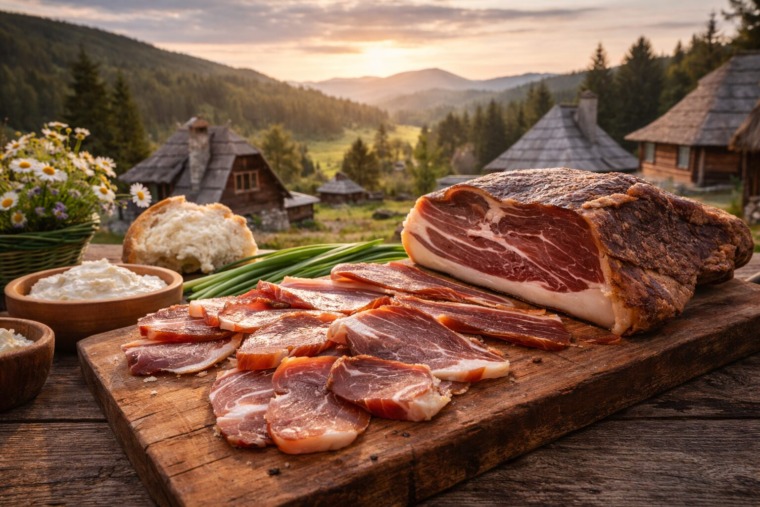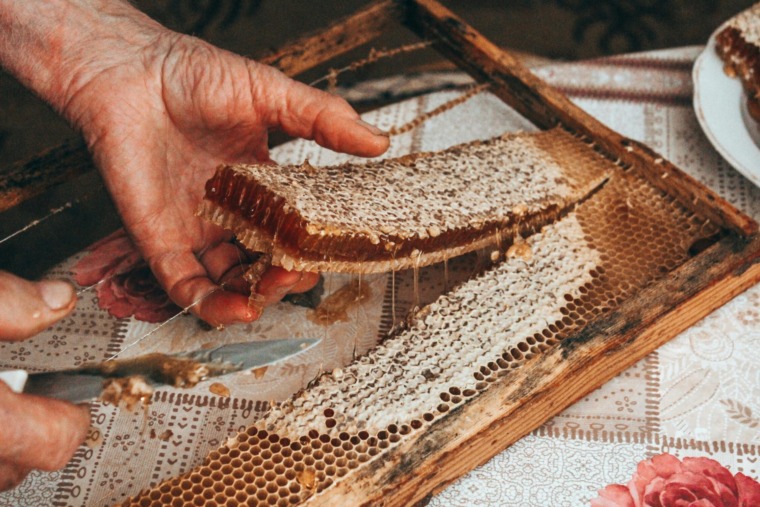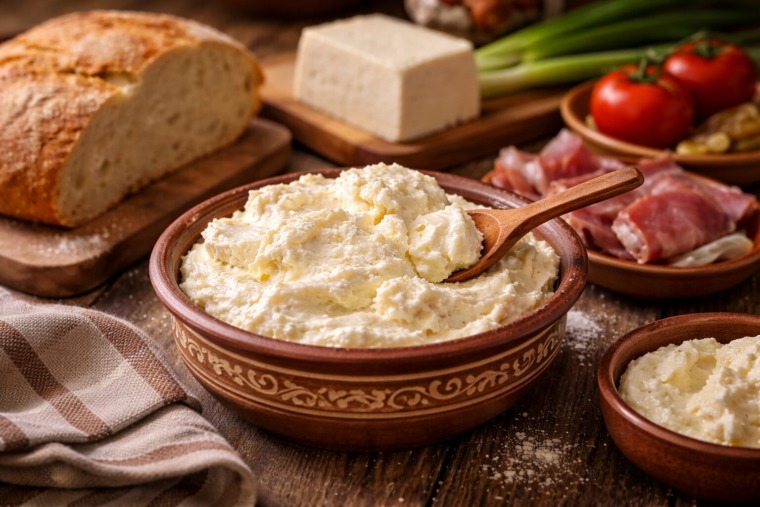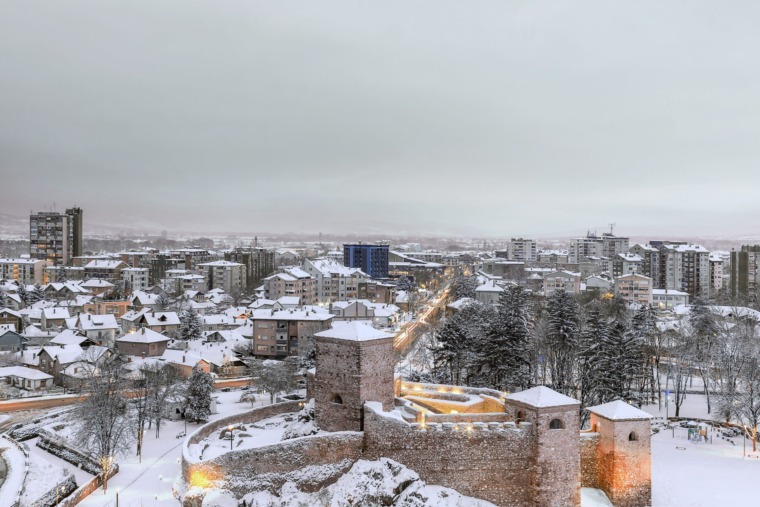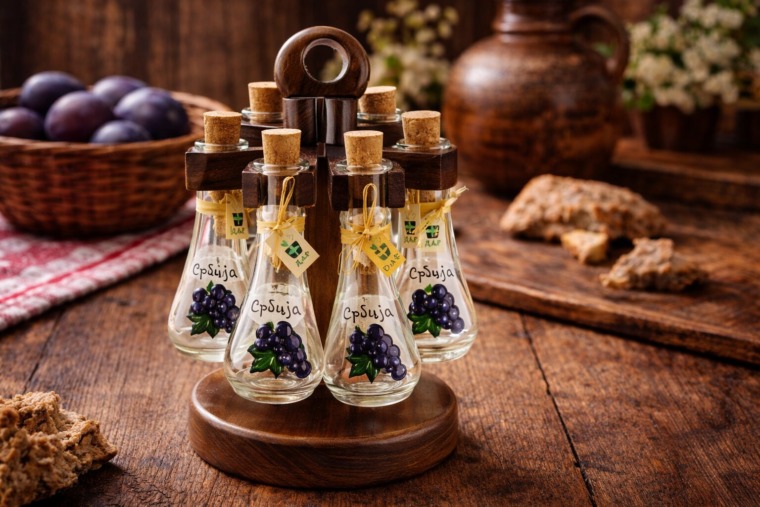
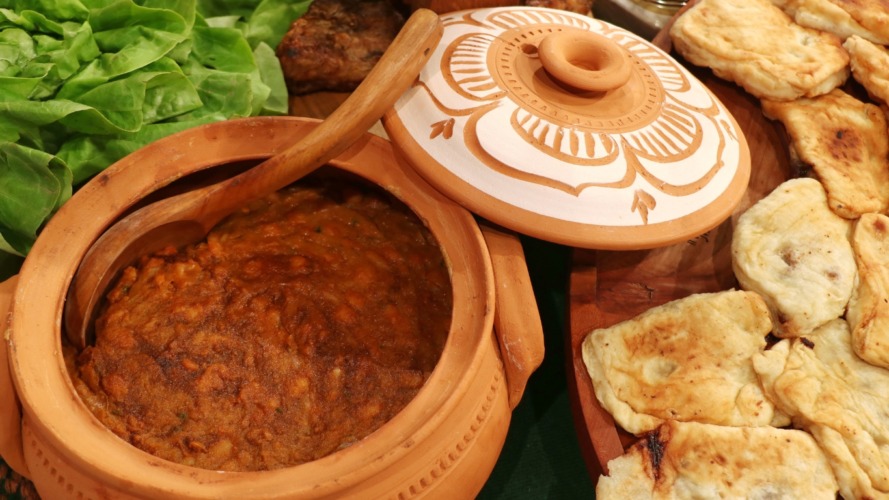
Popara, cicvara, belmuž, kačamak, seljačka proja. Never heard of them? No worries! This mini cookbook will transport you to the past and introduce you to some old Serbian delicacies which will surely surprise and amaze you, and most importantly excite your palate. So, what are we waiting for?
1. The simple yet spectacular Popara
Old bread and hot water. That’s all you need for this delicacy. Having a hard time believing that? Popara is a poor man’s dish and therefore all you need is a little time, a little money and a little creativity in order to prepare it. The last is crucial for the flavour of this meal. By adding certain ingredients, popara transforms from a simple to a spectacular dish.
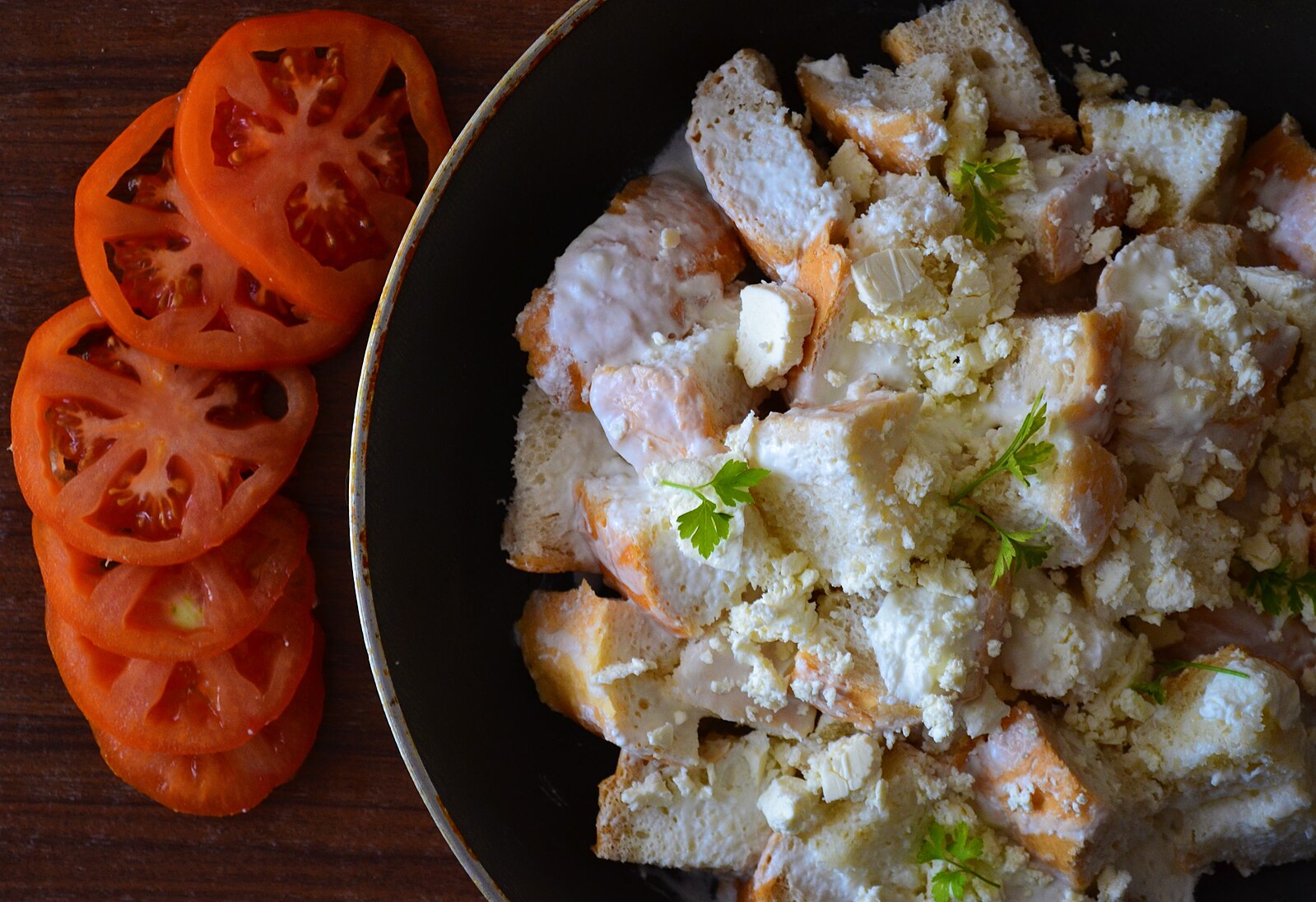
Our grandmas used to prepare popara in the simplest way possible, using the cheapest and most available ingredients. The recipe for popara goes something like this: cut a (minimum) three-day-old bread into cubes, pour water into a saucepan, and add salt and a slice of butter. Once the water boils, reduce it to a simmer, add a bit of milk and the slices of bread, and then stir carefully.
Bonus tip: Add kajmak or cheese to your popara – you won’t regret it.
2. Belmuž, a dish which requires a bit of muscle
Forget counting calories and forget your diet! The reason? A traditional dish from east Serbia. And trust us, you won’t regret this decision! The second you experience the unique taste of belmuž, you’ll be grateful to us. Your taste buds will explode! The ingredients for this meal are rather simple, however, the same can’t be said for their preparation.
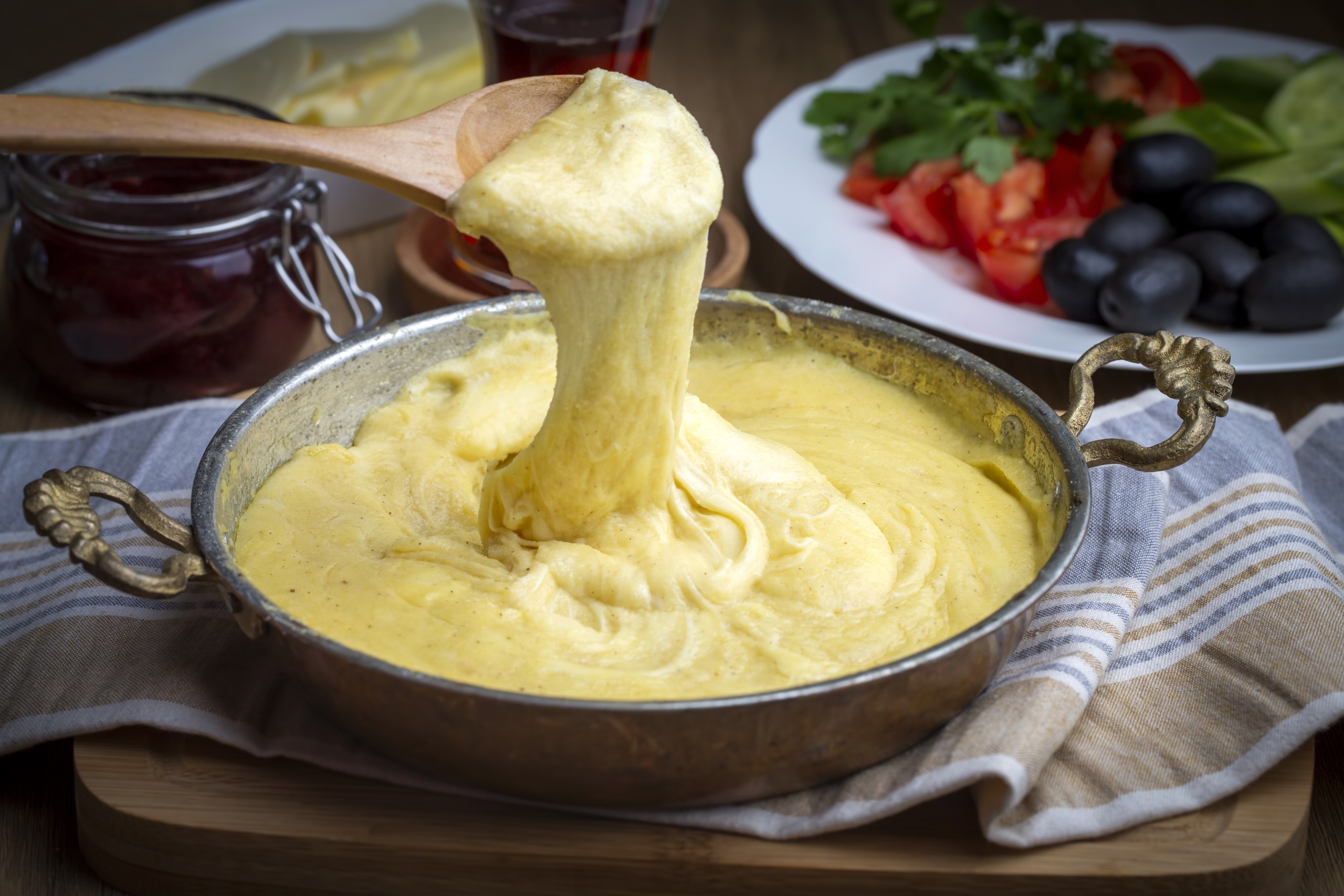
Namely, in order to properly prepare this meal, constant stirring is required. Because of the strength necessary for the consistency of stirring, men usually make this dish. You need cow or sheep cheese (not older than two days), corn flour and salt. You can find the complete recipe here, but if you find the preparation of this dish too complicated, we recommend visiting the famous Belmužijada in Svrljig and enjoying the best belmuž in the world.
Bonus tip: It is said that belmuž is best accompanied by homemade rakija.
3. Cicvara – for the best of mornings
The smell of cicvara used to announce the beginning of a new day. Even though this traditional dish used to be served as breakfast everyday, today it is almost completely forgotten. However, it can still be found on the menu of many Serbian housewives and in many traditional Serbian restaurants. If you wish to test your cooking skills, here’s the recipe.
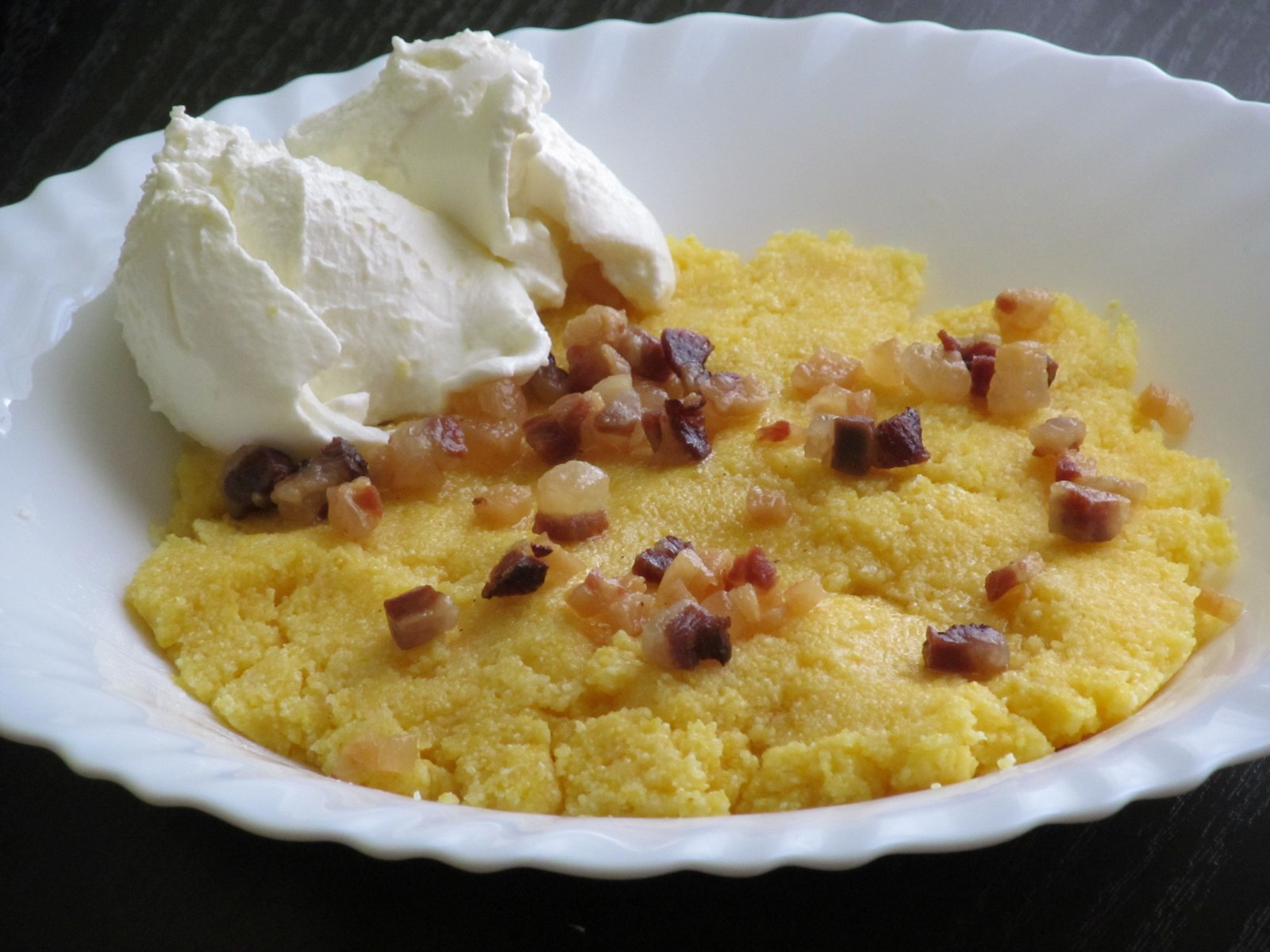
While you’re warming up some milk, mash the cheese. Then add the cheese, cooking oil, kajmak and sour cream to the milk. When the mixture boils, slowly add corn flour. Constantly stir the mixture until it becomes dense. Then remove it from the stove and serve chilled with yoghurt and homemade sour milk.
Bonus tip: In order to make the best cicvara, you need to stir constantly – so get to it!
4. A 101 way to cook Kačamak
We aren’t kidding! Kačamak or palenta, as it is also called, can be prepared in a hundred and one way. It’s a real adventure to cook one! However you may call it, you’ll surely love this traditional Serbian meal made out of corn flour and water. Some version of it, at least.

The most basic approach to cooking kačamak is to fill a saucepan with water, put salt according to taste and leave it to boil. When it boils, gradually add palenta and leave it to simmer for about 10 minutes (and stir, of course!). Continue in this fashion until it reaches the desired density and until the corn grits (palenta) cooks. At the end, add ingredients of your choice.
Bonus tip: Your kačamak will taste even better if you add kajmak, cheese, sour cream or fried bacon to it.
5. The proper Proja
Even today, proja is a “guest” of every Serbian dinner table, and an integral part of every Serbian meze (orderve). Most modern projas, however, differ from the original, authentic proja. In what do they differ? In the ingredients. The original proja doesn’t contain eggs, cheese, yoghurt nor meat. It’s made from three basic ingredients: corn flour, salt and water.
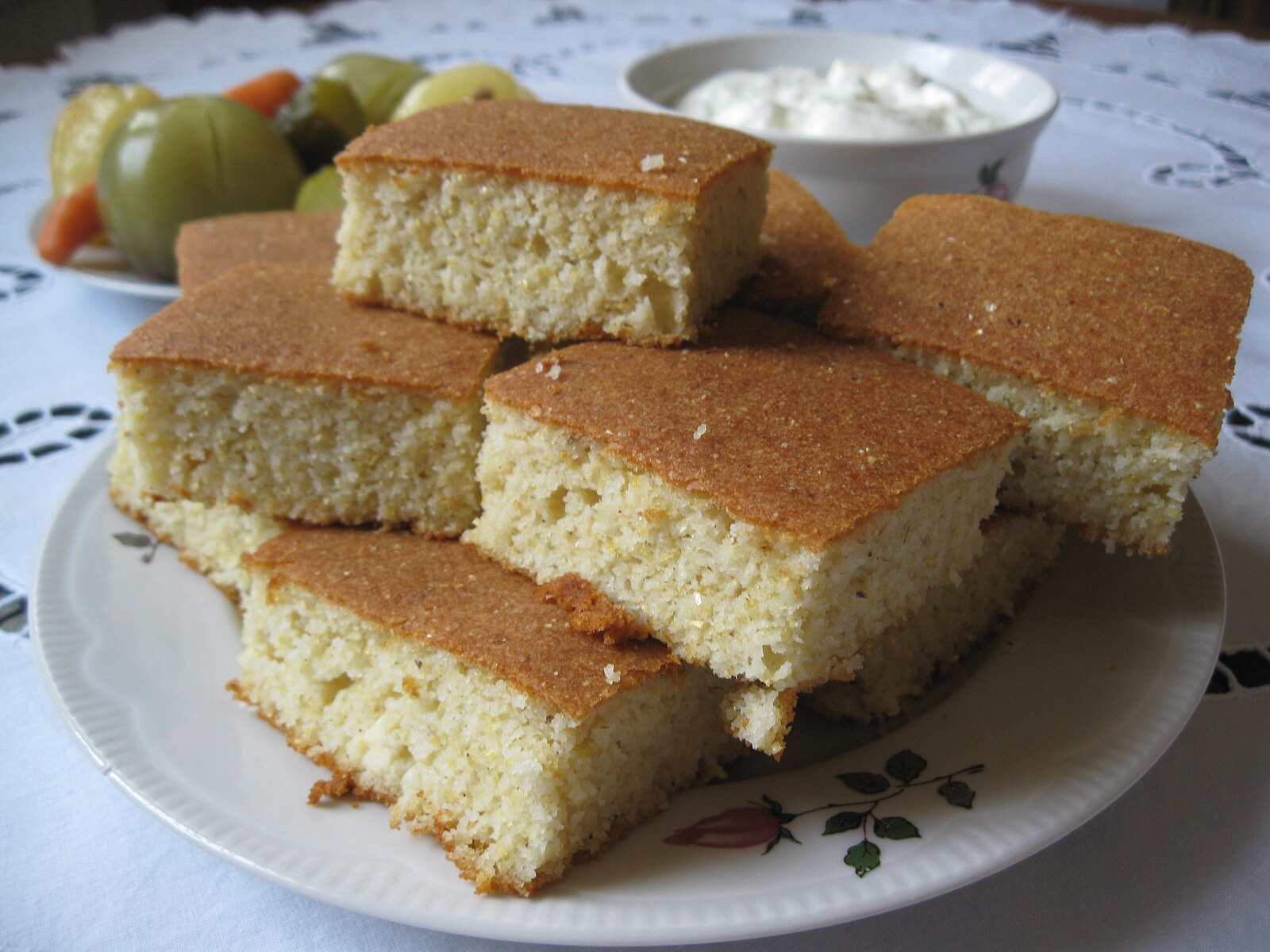
For those who wish to try and make the real, proper proja, called seljačka proja, here’s the recipe: Add baking powder and a teaspoon of salt to 200 ml of lukewarm water. Then add that mixture to 400 grams of corn flour. Mix all the ingredients, pour them into a greased pan and put into a preheated oven. Cook for about 15-20 minutes at 230°C. “Sprinkle” the baked proja with a little bit of water, cover it with a kitchen cloth and leave it to cool down.
Bonus tip: Serve the proja with sarma, podvarak, prebranac or punjene paprike, instead of bread.
Next time, when you’re cooking and you run out of inspiration, remember one of these old delicacies. We’re more than sure you’ll enjoy preparing these simple dishes and love their unique taste even more. And not only will you be eating something healthy (and actually enjoying it) but you’ll surprise your family and friends with some totally new and original recipes!


